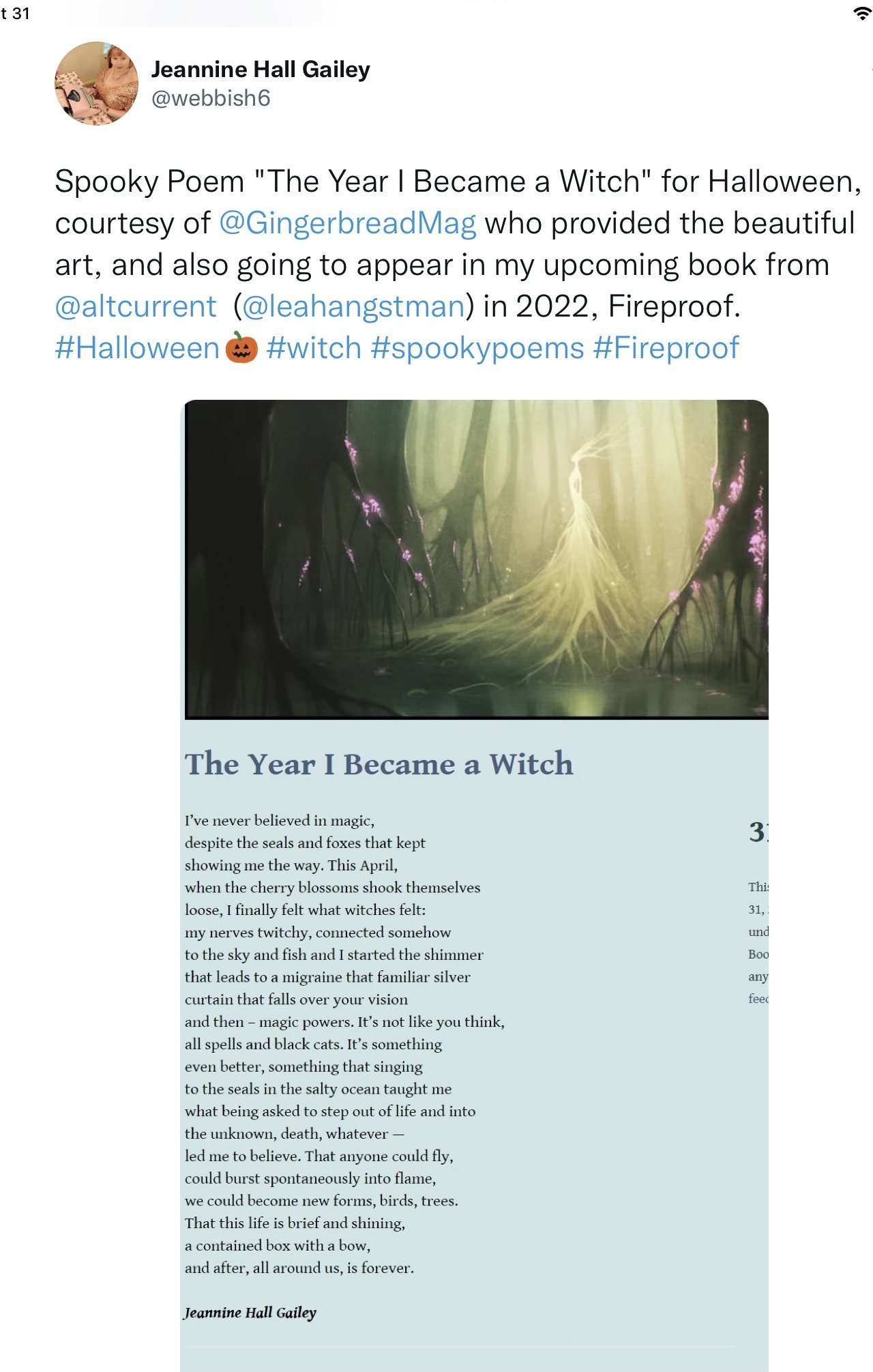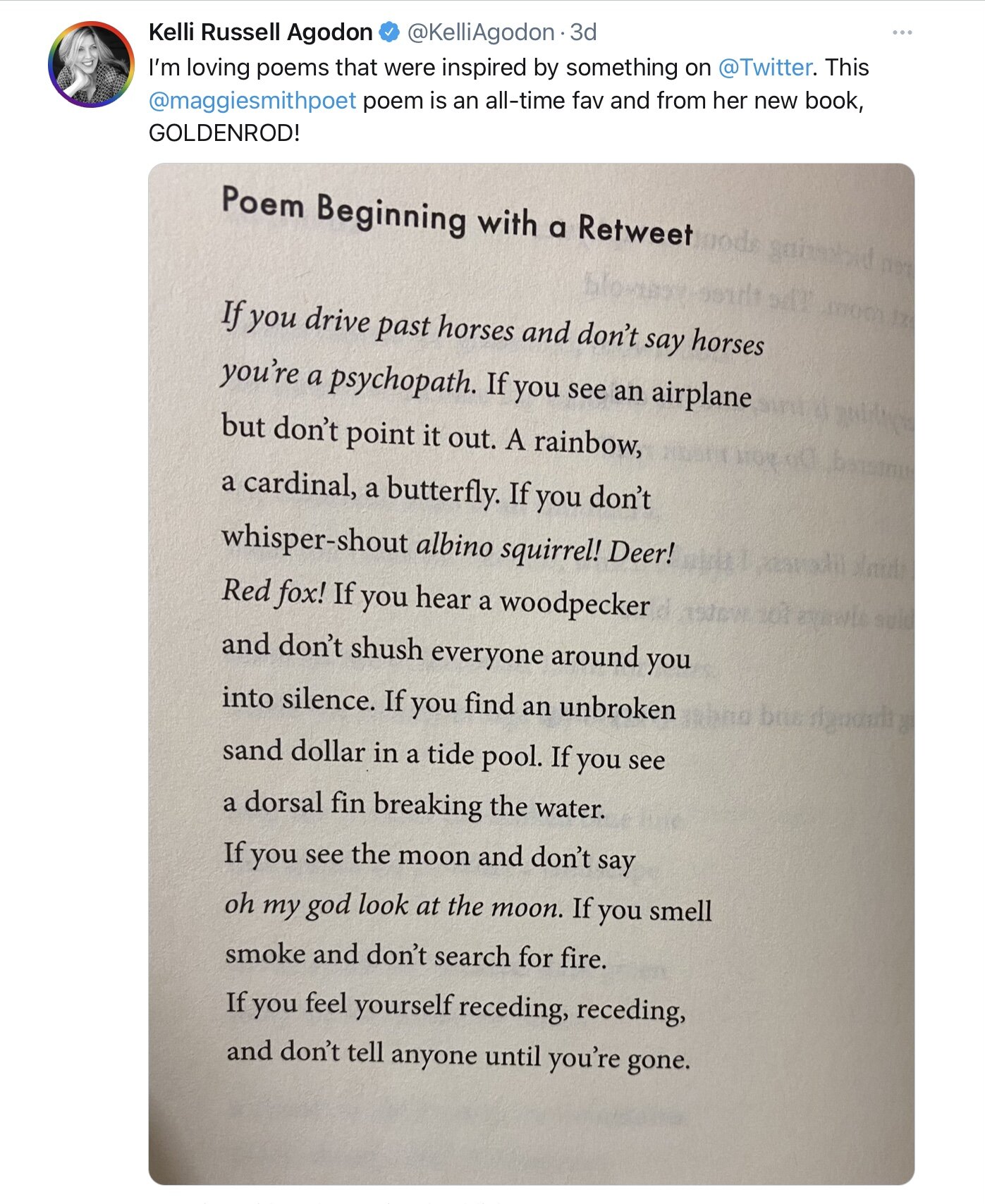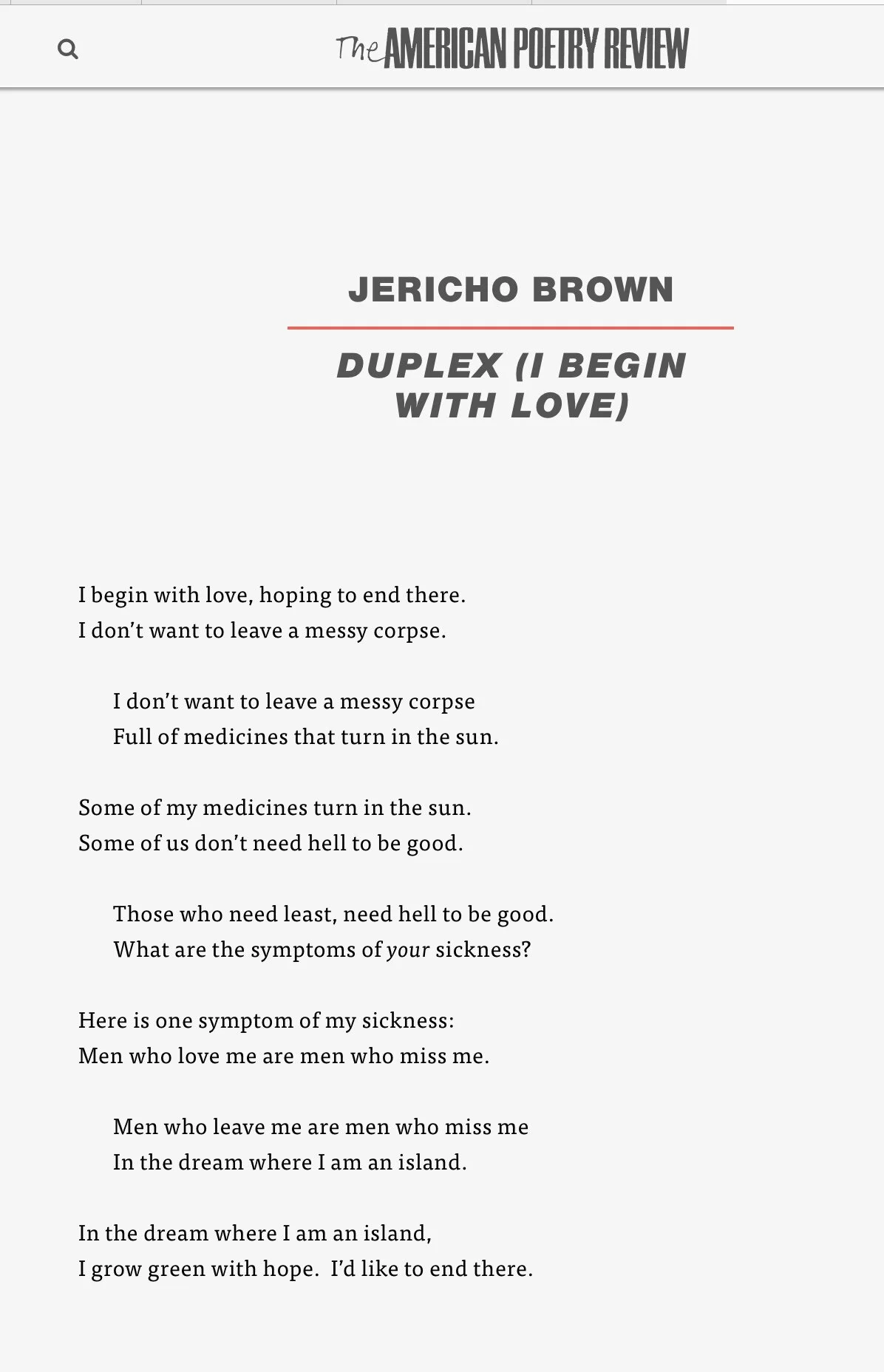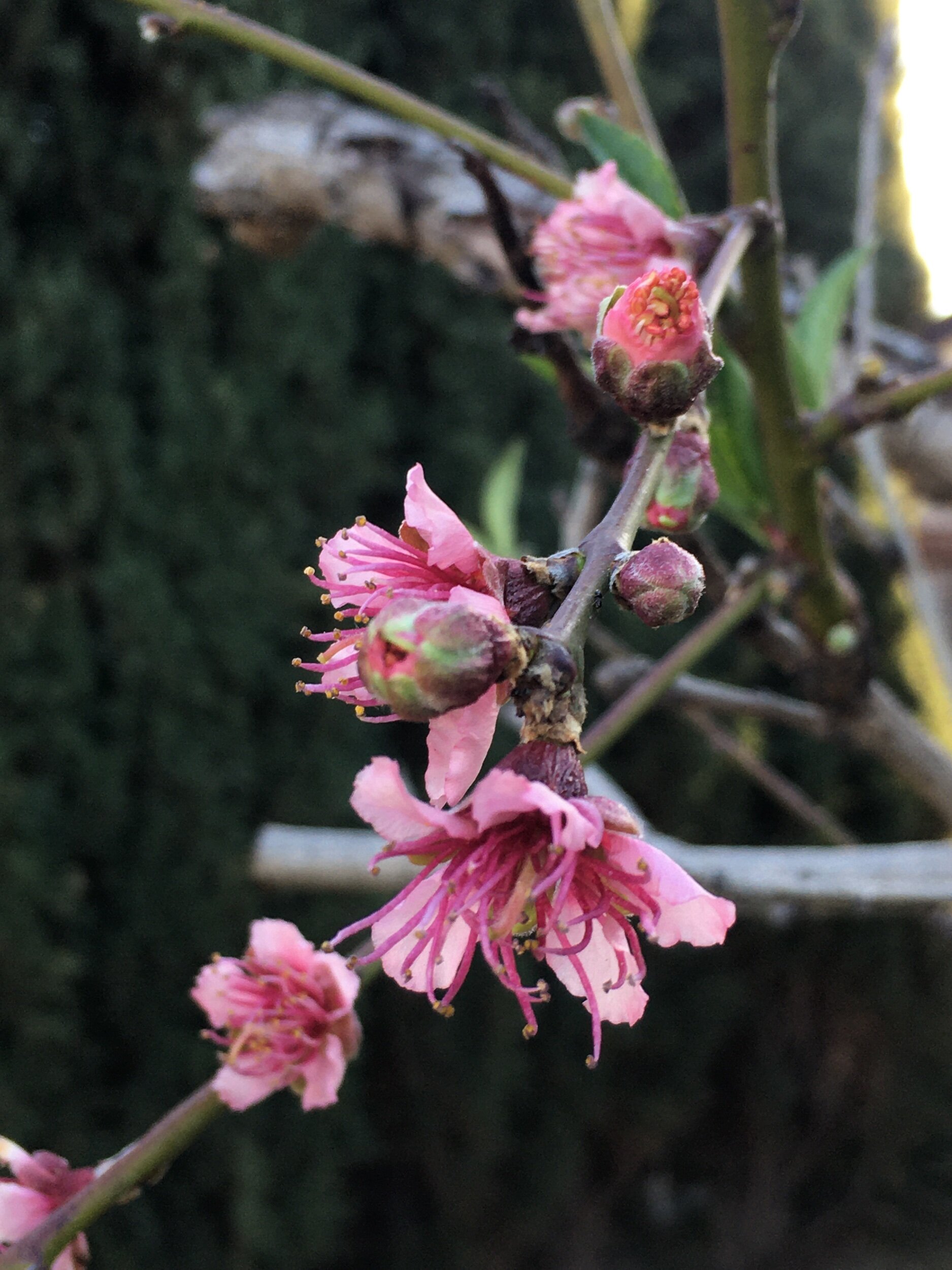Finally, after photographing the results, I typed the new version of the poem, adding and refining punctuation. Further revision resulted in eliminating the two lines following “And for what, Mort?” as unnecessary.
Here’s the final result of this revision.
�
Mr. Mortensen
as best he can he works
at the desk, the beaten
visibly slumped rayon trousers
his olive green, graying
socks hitched up
him, imparting
prepositional phrases, predicates
as the dealer of subjects,
his face glucose dimmed,
protracting from his brilliance
and he works to stay in that
one-blinking-light town.
and for what, Mort?
even as I read, eyes open,
my thirst would say, take
what you can and run
that light
—the blinking yellow—
would tell me
take caution
intolerance
finds you,
the outside world
showing itself
The original poem, before this process was:
Blinking Yellow
In my thirst for poetry I read
of subjects, predicates, prepositional phrases.
Even as I grope for their meanings
I remember the long ago classroom—
those melamine desks to fold into,
the asbestos-tiled floors, the beaten
teacher desk Mr. Mortensen sat behind,
his face to the windows, we students an army
of unrule between him and the outside world.
His olive-green rayon trousers hitched up
so his graying socks visibly slumped
more with each class, each mass of unruliness
before him, imparting English to the ones
who wouldn’t ever move and to the few
who weren’t meant to stay in that
one-blinking-light town. Take caution,
that light would say, telling highwaymen
to slow a bit, eyes open for pretty girls walking
in twos or threes during lunch period, or
take what you can—it’s all for sale, as the dealer sign says.
And Mort, at the desk, one massive leg beneath
The middle drawer, the other showing itself
It could still do math—a forty-five degree angle
Protracting from his torso. His brilliance dimmed
by glucose. Intolerance finds you wherever you are.
And he works to prepare each student as best he can
For what lies in store.
Take what you can. And run.
***
To read more of Kristen’s writing and to discover her music, check out her website and her SoundCloud and follow her on Facebook and Twitter at @kbaum12. She is awesome, and I hope you get the opportunity to join her in a workshop as I have gotten to do!






































































